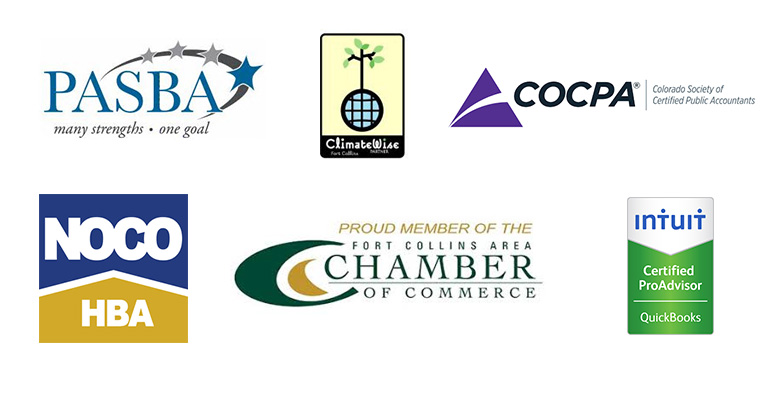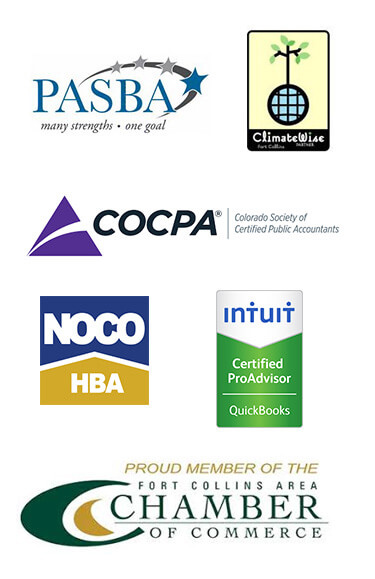Not all industries deal with the same financial concerns. Not all CPA’s are equipped with the knowledge of finances within the dental industry.
Your dental practice’s CPA services should be from someone who knows the industry and cares about what you do. You may be a single owner dental practice, a multi-doctor dental clinic, or somewhere in between. Your size, partnerships, staff, procedures, all of that is important to understanding your financial health as business.
Now imagine taking someone who has no idea about the complexities of insurance, partnerships in a dental office, or someone who has no understanding of what you’ve had to do to get a dental practice up and running– and them trying to handle your finances.
What You Need to Look For in Dental Practice CPA Services
1. Do they understand the complexities of insurance?
2. Are they looking at return on your procedures based on volume and/or quality cost
3. Do they understand about patient privacy while helping you understand software and patient cost tracking?
4. Will they look at your partners cost sharing and income as well?
5. Can they look at financial planning for you and the business?
6. Do they understand the dynamics of multiple dentists and their specialties?
7. Can they advise on when it makes sense to bring in additional staff?
8. Do they understand the local market/community?
Taxes for Your Dental Practice- CPA Services
Dentists are like other businesses in the sense of taxes. You still have to pay them and they are through most of the same channels. What’s important is having all your expenses, equipment, staffing, etc. segmented correctly so that you can properly claim and see where to adjust for the next year. Below is a list of key areas to consider as a dentist for taxes:
- Income Taxes: Dentists are required to pay income tax on their earnings. This includes income from services provided, investments, rental properties, and any other sources of income.
- Self-Employment Taxes: Many dentists are self-employed or operate their own practices, which means they are responsible for paying self-employment taxes, which cover Social Security and Medicare contributions. These taxes are typically paid quarterly.
- Business Expenses: Dentists can deduct legitimate business expenses from their taxable income, such as office rent, utilities, equipment, supplies, salaries of employees, continuing education, and professional dues.
- Depreciation: Dental equipment and office furnishings can be depreciated over time, allowing dentists to deduct a portion of the cost each year as an expense.
- Retirement Contributions: Dentists may contribute to retirement plans such as IRAs, 401(k)s, or SEP-IRAs. Contributions to these plans can reduce taxable income.
- Healthcare Costs: Dentists who are self-employed may be able to deduct health insurance premiums for themselves, their spouses, and dependents.
- Quarterly Estimated Taxes: Since dentists often have irregular income, they may need to make quarterly estimated tax payments to avoid underpayment penalties.
- State and Local Taxes: Dentists also need to consider state and local taxes, which can vary depending on where their practice is located.
- Tax Credits and Deductions: Dentists may be eligible for various tax credits and deductions, such as the Small Business Health Care Tax Credit or the Research and Development Tax Credit.
- Record Keeping: Keeping accurate records of income and expenses is essential for tax purposes. Dentists should retain receipts, invoices, and other documents to support their tax filings.
- Tax Planning: Dentists should engage in tax planning throughout the year to minimize their tax liability. This may involve working with a tax professional to take advantage of deductions, credits, and other tax-saving strategies.
It’s important for dentists and dental practice cpas to stay informed about tax laws and regulations that may impact their practice, and consulting with a qualified tax advisor or accountant can be beneficial for navigating the complexities of tax compliance and optimization.




